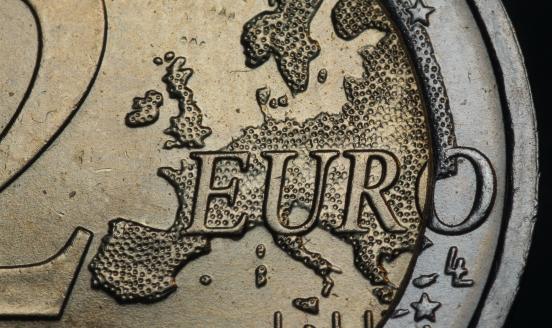With or without you: are central European countries ready for the euro?
The debate on euro adoption by central European EU countries has intensified in the last years. In this Policy Contribution the author does not review

Southern European euro-area members suffered from unsustainable developments after they joined the euro in 1999 and up to 2008, and have had great difficulties since. Inadequate national policies were the main causes of these unsustainable developments, but euro membership played a role before 2008 by leading to low real interest rates (which fuelled credit booms) and by enabling complacency about potential vulnerabilities. Euro-area crisis management was also deficient in a number of ways.
Of the 13 countries that joined the EU between 2004 and 2013, seven have entered the euro area. Many faced similar problems to southern Europe in the pre-crisis period when they had fixed exchange rates, but they were able to adjust inside the euro area and resume economic convergence. Slovakia, which joined the euro area at a very strong exchange rate in 2009, and Bulgaria, which has a currency board fixed to the euro, performed similarly or even better in macroeconomic terms than the Czech Republic, Hungary and Romania between 2008 and 2019, even though the exchange rates of those three countries depreciated significantly after 2008. Two floating-rate countries, Hungary and Romania, had to apply for financial assistance after 2008. Croatia had many difficult years under a tightly managed exchange rate, but was eventually able to adjust and return to economic convergence. There were thus good and bad macroeconomic performances in both flexible and fixed exchange-rate regime countries. Euro-area membership (or the use of a fixed exchange rate) has not been a factor determining economic success in central Europe.
The level of economic development is not significant for the euro-entry decision. Countries at lower development levels will likely face higher inflation and thereby a lower real interest rate, potentially generating booms. But globally low interest rates have already pushed the real interest rates in floating exchange rate central European countries to lower levels than those in southern European countries when they entered the euro. Moreover, the central European countries that have already entered the euro area have coped with this problem.
The focus for euro adopters should be the prevention of macroeconomic and financial vulnerabilities and the capacity to address such imbalances if they occur. Macroprudential policy and sustainable fiscal policy are crucial to prevention, while flexible labour and product markets help in any adjustment. Banking union membership prior to euro membership could reduce the potential for financial and macroeconomic vulnerabilities. High quality policymaking is essential, since market signals might be muted inside the euro area.
Current central European euro non-members can be economically successful both with and without the euro. Nevertheless, the legal commitment to join the euro must be honoured, a step that should also strengthen members’ commitment to European values.



